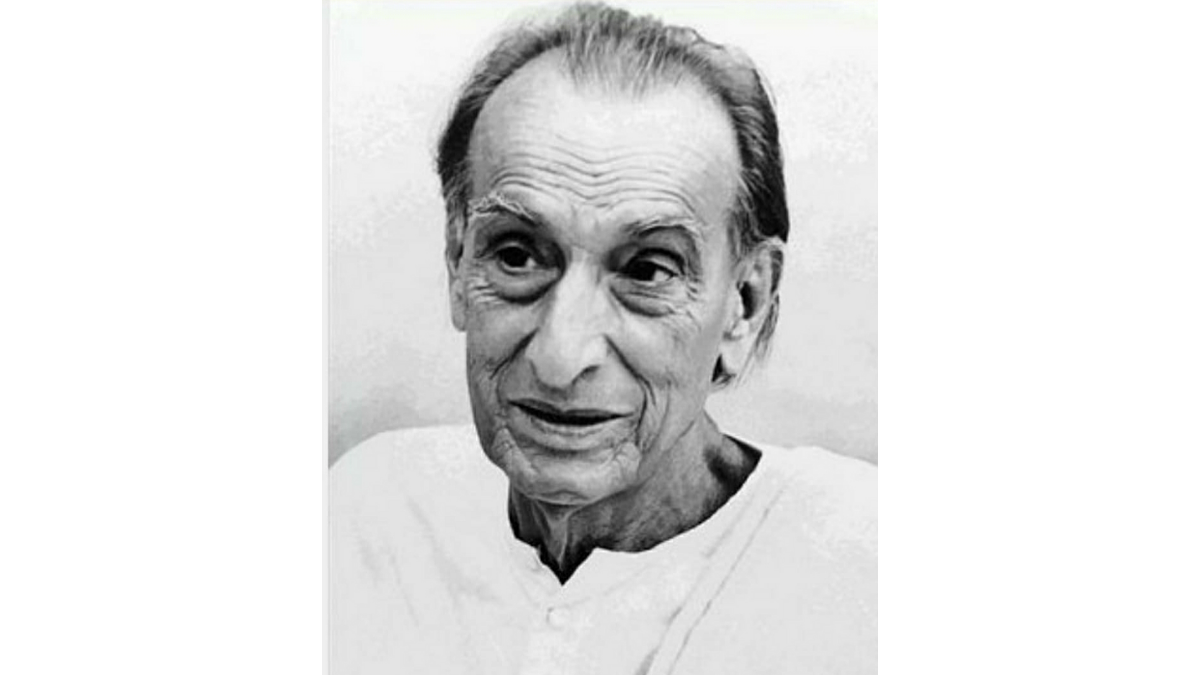Jayaprakash Narayan “J.B.” Kripalani, often affectionately referred to as Acharya Kripalani, was a prominent figure in India’s struggle for independence and later a key player in the post-independence political landscape. His life story is one of dedication to social reform, staunch advocacy for nonviolence, and unwavering commitment to democratic ideals. In this essay, we will explore the life, contributions, and legacy of J.B. Kripalani, shedding light on his multifaceted roles as a freedom fighter, politician, educator, and social activist.
Early Life and Education:
J.B. Kripalani was born on November 11, 1888, in Hyderabad, Sindh (now in Pakistan), into a Saraswat Brahmin family known for its commitment to education and social service. His upbringing instilled in him a sense of duty towards society and a deep-rooted belief in the principles of truth and nonviolence, influenced significantly by the teachings of Mahatma Gandhi.
Kripalani pursued his education at Fergusson College in Pune and later at Banaras Hindu University, where he developed a keen interest in Indian history, philosophy, and political thought. His academic pursuits laid the foundation for his later roles as an educator and intellectual in independent India.
Involvement in the Freedom Struggle:
J.B. Kripalani’s journey into active politics and the freedom struggle began during his time as a teacher at Banaras Hindu University. Inspired by Mahatma Gandhi’s principles of Satyagraha and nonviolent resistance, Kripalani joined the Indian National Congress and quickly rose through the ranks due to his eloquence, organizational skills, and dedication to the cause of Indian independence.
He actively participated in various nonviolent protests, including the Non-Cooperation Movement (1920-1922) and the Civil Disobedience Movement (1930-1934), facing imprisonment several times for his role in agitating against British colonial rule. Kripalani’s commitment to nonviolence and his ability to mobilize masses through peaceful resistance earned him the respect and admiration of fellow freedom fighters and the Indian public alike.
Congress Leadership and Post-Independence Role:
As a trusted lieutenant of Mahatma Gandhi, J.B. Kripalani played a crucial role in shaping the Indian National Congress and its strategies during the struggle for independence. He served as the General Secretary of the Congress Party and was elected as the President of the All India Congress Committee (AICC) in 1946, succeeding Jawaharlal Nehru.
Kripalani’s leadership during critical junctures, such as the Quit India Movement (1942) and the negotiations leading to India’s independence, showcased his diplomatic skills and commitment to democratic values. Post-independence, he continued to be an influential figure in Indian politics, advocating for social justice, economic equality, and democratic reforms.
Advocacy for Social and Educational Reforms:
Beyond his political engagements, J.B. Kripalani was deeply committed to social and educational reforms in India. He believed that true independence could only be achieved through the empowerment of the masses, eradication of social inequalities, and promotion of education for all.
Kripalani’s contributions to education included his role as the Vice-Chancellor of the University of Delhi (1947-1951), where he focused on expanding access to higher education and fostering academic excellence. He also championed causes related to women’s rights, labor rights, and rural development, reflecting his broad vision for a just and inclusive society.
Nonviolent Philosophy and Influence:
One of J.B. Kripalani’s enduring legacies is his unwavering commitment to Mahatma Gandhi’s philosophy of nonviolence (Ahimsa) and Satyagraha. He firmly believed that peaceful resistance and moral courage were potent tools for social and political transformation, a conviction he upheld throughout his life.
Kripalani’s adherence to nonviolence influenced generations of Indian leaders and activists, including future Prime Ministers such as Lal Bahadur Shastri and Indira Gandhi. His advocacy for dialogue, reconciliation, and ethical governance set important precedents for India’s democratic ethos and the practice of nonviolent protest in civil society movements.
Legacy and Commemoration:
The legacy of J.B. Kripalani endures through his contributions to India’s freedom struggle, democratic institutions, and social reforms. His emphasis on ethical leadership, grassroots empowerment, and inclusive development remains relevant in contemporary debates on governance and social justice.
Various educational institutions, public spaces, and initiatives across India bear his name as a tribute to his enduring impact on the nation’s history and ethos. His writings, speeches, and teachings continue to inspire scholars, activists, and policymakers interested in India’s socio-political evolution and Gandhian philosophy.
Conclusion:
In conclusion, Jayaprakash Narayan “J.B.” Kripalani’s life and work exemplify the spirit of dedication, integrity, and visionary leadership that characterized India’s struggle for independence and its early years as a democratic republic. His legacy as a freedom fighter, political leader, educator, and social reformer underscores the interconnectedness of political activism, social justice, and ethical governance in nation-building.
Through his steadfast adherence to nonviolence, commitment to democratic values, and advocacy for inclusive development, J.B. Kripalani continues to inspire future generations to strive for a more just, equitable, and compassionate society. His contributions remind us of the enduring relevance of principles such as truth, nonviolence, and service to humanity in navigating complex challenges and realizing the aspirations of a vibrant democracy like India.






